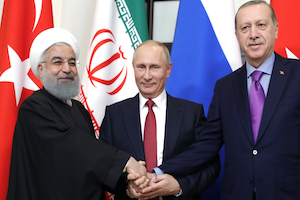Rich and Poor: What Will Turkey's New Polarization Bring?
By Halil Karaveli
January 30, 2020
Turkey is facing a new polarization between rich and poor. Inequalities in income and wealth have grown dramatically. As developments in other countries in recent years have shown, growing inequality destabilizes the body politic and invites destructive political forces. In Turkey itself, class divisions have historically benefited authoritarian, conservative populists. Turkish democracy needs a resurrected center-left. Kemal Kılıçdaroğlu, the leader of the officially social democrat Republican People’s Party (CHP), has committed his party to the task of rescuing democracy in Turkey. To succeed, he will have to reconsider his belief that the left has become irrelevant.
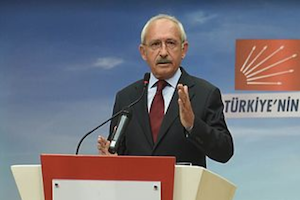
Turkey Enters Libyan Escalation Spiral at Great Risk
By Micha’el Tanchum
December 30, 2019
Turkey upended the Eastern Mediterranean's strategic equation with its late November 2019 signing of maritime boundary and military cooperation agreements with the Tripoli-based Government of National Accord in war-divided Libya. By defining maritime borders with the internationally recognized administration in Tripoli, Ankara ostensibly has broken its regional isolation and gained greater legal standing to challenge the boundaries Greece established with Cyprus and Egypt upon which the current arrangements for Eastern Mediterranean natural gas development depend. While previously compartmentalized, Turkey's formalization of its commitment to Tripoli has interlinked an already tense maritime stand-off in the Eastern Mediterranean to a new escalation spiral in the Libyan Civil War in which Turkey's rivals possess escalation dominance over Turkey.
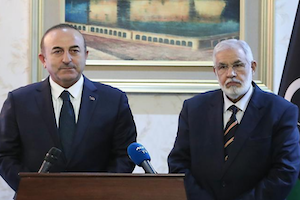
The Crackdown on HDP: Sustaining Authoritarianism with Ethnic Polarization
By Halil Karaveli
December 2, 2019
By the end of November 2019, 24 out of 69 mayors in Kurdish cities in Turkey had been dismissed and 19 had been arrested. The Turkish regime exploits nationalism to neutralize the opposition. Yet the opposition cannot dodge its own responsibility for the dismantling of democracy in the Kurdish cities of Turkey. Its refusal to make a principled stand against the crackdown on elected Kurdish representatives plays into the hand of authoritarianism and wastes an opportunity to build a democratic bloc. It should also be clear that Turkey cannot afford to give up on democracy for the Kurds.
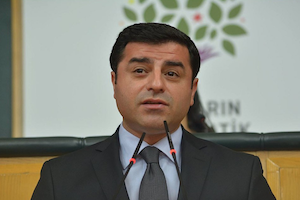
Erdogan Talks Tough on Nuclear Weapons as Turkey Goes Ballistic
By Micha’el Tanchum
November 15, 2019
In early September 2019, Turkish President Recep Tayyip Erdoğan surprised many in the international community with his declaration that it was unacceptable for nuclear armed powers to prohibit Turkey from acquiring nuclear weapons. While many analysts dismissed Erdoğan’s declaration as more rhetorical posturing designed to advance Turkey’s status in the regional security architecture, the president’s remarks reveal Turkey’s perception of its own deepening strategic vulnerability vis-a-vis its regional rivals. Lacking the strategic weapons system to deter Iran, Saudi Arabia, or Israel, Erdoğan’s tough talk signals a shift in its nuclear policy that will likely be revealed in the advancement of its ballistic missile program.
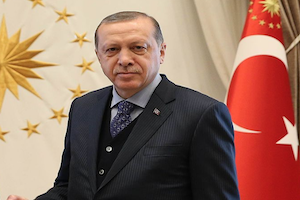
After Ten Days that Shook Syria: Turkey's Dependence on Russia Reaffirmed
By Cengiz Çandar
November 5, 2019
Turkey’s intrusion into northeastern Syria will have far-reaching consequences for Turkey, the balance of power in Syria and in the Middle East. The Rojava invasion also leaves a durable imprint on international relations at a global scale. It has left the United States in a weaker position, while Russia has strengthened its grip on Syria. Turkey’s dependence on Russia has been reaffirmed. The Russo-Turkish partnership in Syria may not prove long-lived since Moscow and Ankara have different, indeed fundamentally irreconcilable political priorities. It is unlikely that Turkey, dependent on the acquiescence of Russia and with an ailing economy, will be able to establish a permanent military presence on Syrian territory.
